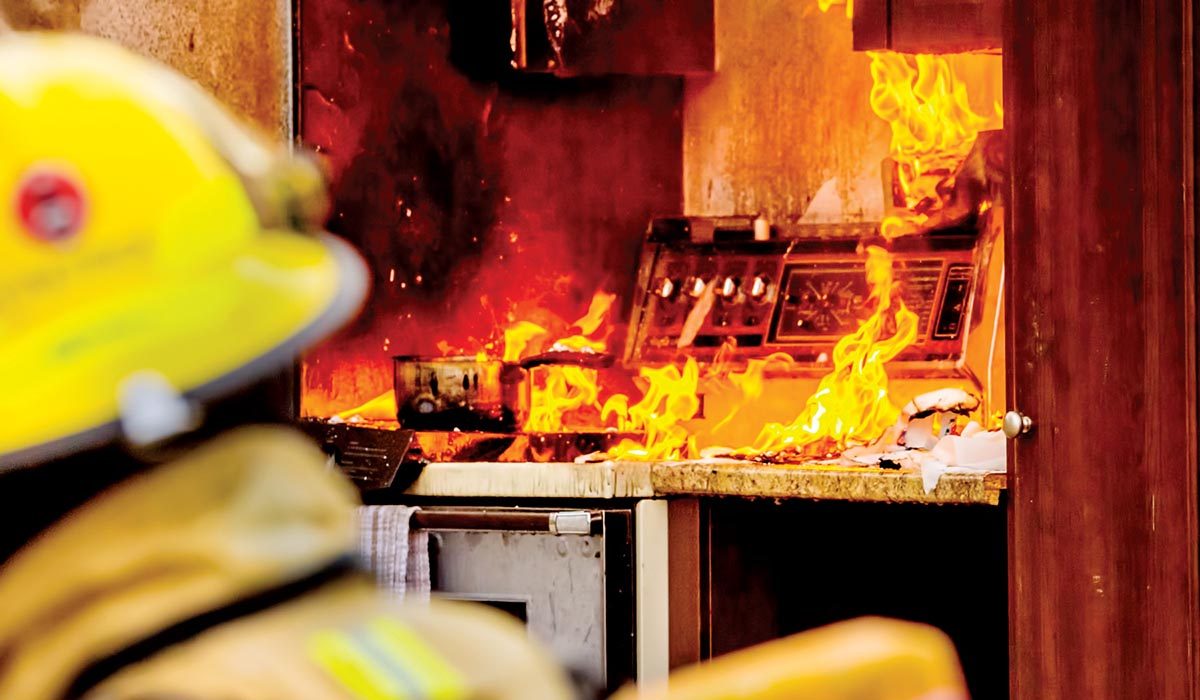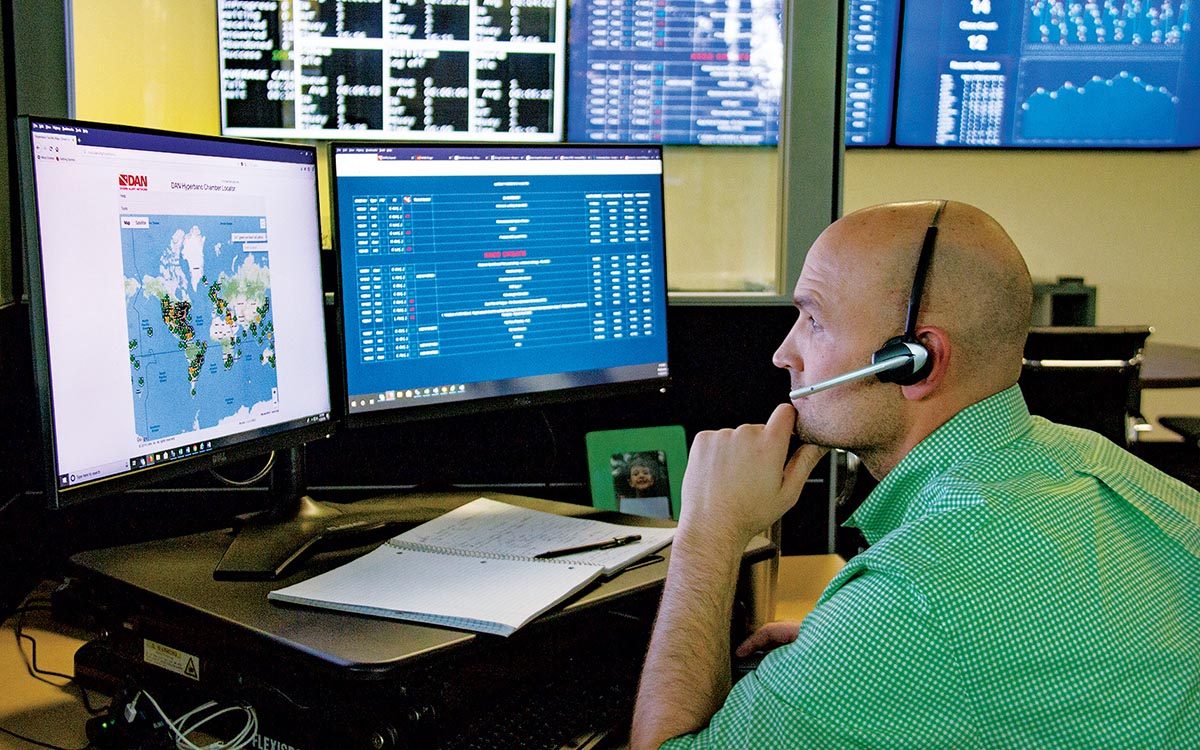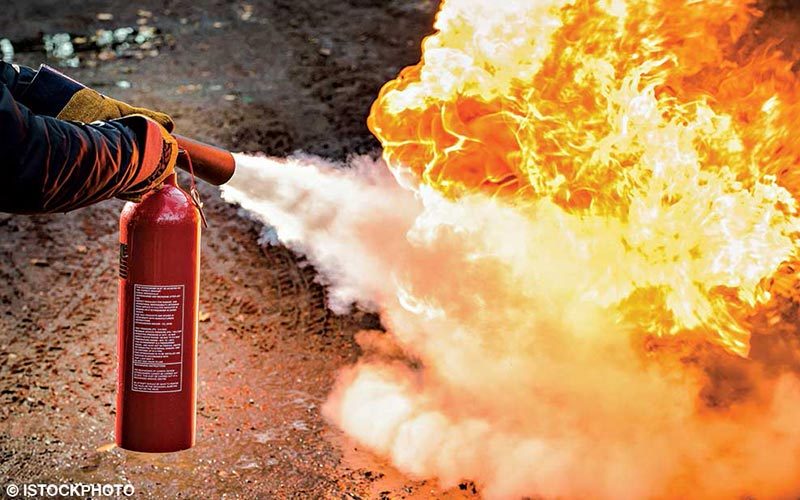Fire Safety in the Dive Industry: Part 1
Fires can happen anywhere and the dive industry is susceptible. To better manage the risks of fire, here’s what dive pros need to consider with fire safety.

Fires can happen anywhere and the dive industry is susceptible. To better manage the risks of fire, here’s what dive pros need to consider with fire safety.

Receiving an average of 5,200 calls per year, the DAN® Emergency Hotline provides assistance to divers yearlong. From the initial call and throughout the entire process, DAN is there guiding all involved parties.

Fires can usually be prevented, prepared for and managed. The cost of being ready doesn’t measure up to potential losses or a fatality. Planning for a fire emergency will protect your staff and business investment.

A leading expert in breath-hold diving physiology, Professor Zeljko Dujic, M.D., Ph.D., is head of the department of integrative physiology at the University of Split in Croatia. To help commemorate Dujic’s 30th year at the University of Split, we met with him to discuss his research.

Don’t wait until disasters strike to wish you had proper fire safety protocols in place. Part two of this fire safety series covers fire extinguishers and more.

It’s easy to get complacent about performing routine equipment maintenance because we think expensive equipment should be made to last longer or that we’ll have more time to do it later. But planned maintenance is key to preventing equipment failures.

Head of the only organization in China eligible to train dive physicians for military, commercial and recreational diving, Dr. Weigang Xu has published more than 100 papers.

Dive businesses, professionals, divers and the broader dive community can be active in their work to protect the environment. Through education, interventions, awareness and other simple steps, we all can work together to support and protect the environment.

Simon Mitchell, MBChB, Ph.D., is a leader in dive medicine and is mentoring young scientists in the field. Read their stories.

Csilla Ari D’Agostino, Ph.D., works in the department of psychology, and her husband, Dominic D’Agostino, Ph.D., is in the department of molecular pharmacology and physiology. The researchers returned from a NASA Extreme Environment Mission Operations (NEEMO) research and exploration mission at the Aquarius Reef Base habitat.
